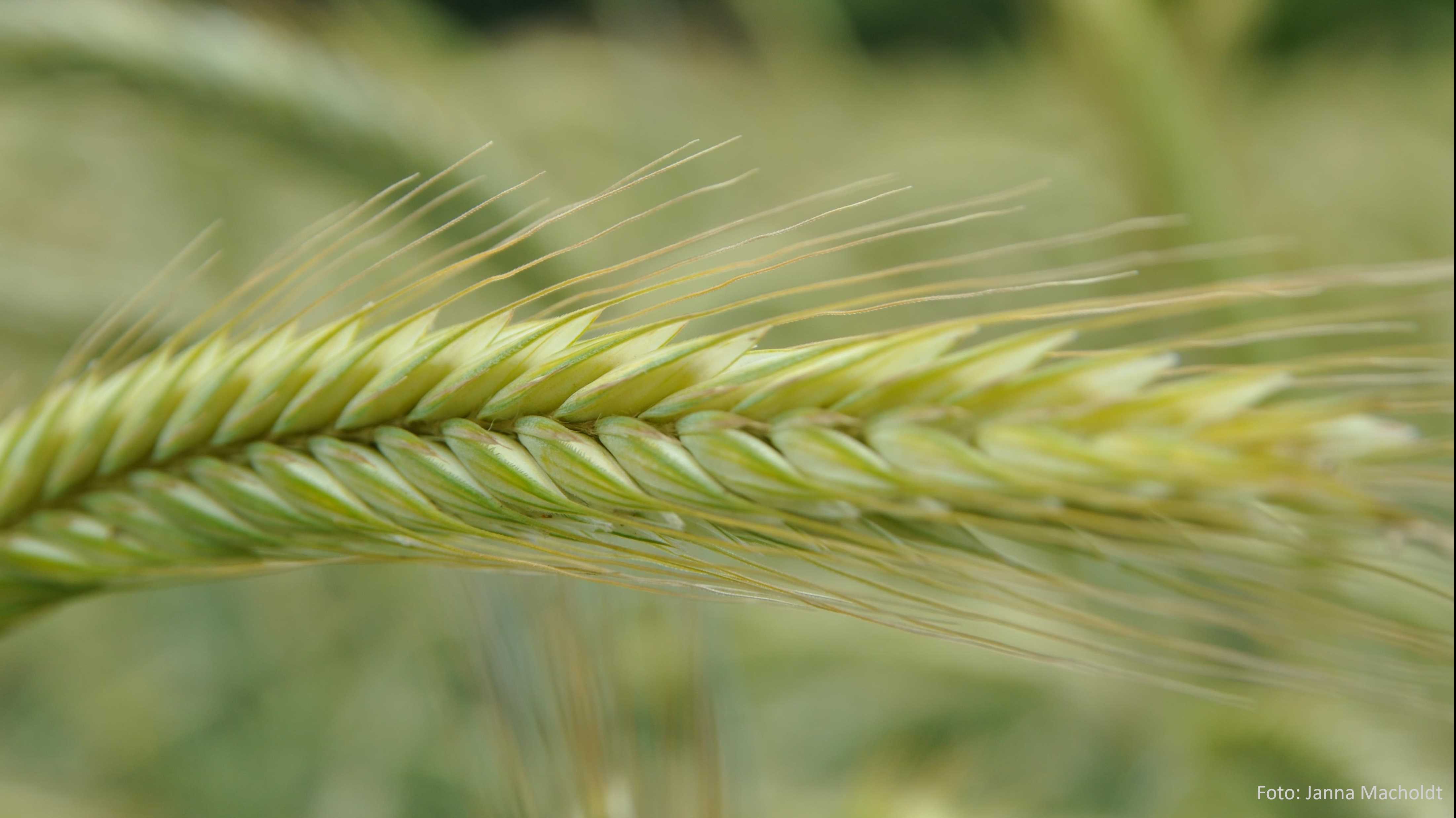Research Projects and Partners
Large Collaborative Research Projects
BMBF project
"Establishing a model region of the bioeconomy for digitalization of plant-based value chains in the Central German mining area in Saxony-Anhalt"
During the years 2024 - 2032, the DiP project will establish a model region for a digitalized, climate-neutral and competitive plant-based bioeconomy in southern Saxony-Anhalt. The model region will be characterized by scientific excellence, innovative industries and attractive jobs.
In order to implement the objectives of the DiP project, a total of 21 joint R&D projects were launched starting in April 2024 on the three lighthouses (1) Value chains of agricultural crops, (2) Sustainable & climate-resilient cultivation systems for the production of bio-based raw materials and (3) Value chains of special crops. The lighthouses address the lead markets "Energy, mechanical & plant engineering, resource efficiency", "Chemistry & bioeconomy" and "Food & agriculture" of Saxony-Anhalt's Regional Innovation Strategy (RIS). The expansion of the plant-based value chains will include current sustainability issues, for example, decarbonizing the economy, increasing local added values, increasing biodiversity, digitalizing the plant-based circular economy and fostering the resilience against negative effects of climate change.
[ more ... ]
Collaborative Research Centre (CRC) 1664 of the Deutsche Forschungsgemeinschaft: Plant Proteoform Diversity - SNP2Prot
Despite climate change and resource scarcity, global agriculture must ensure food security for a growing population. The analysis of genetic characteristics of climate-resilient plants is important for this. A key genetic resource are point mutations, so-called single nucleotide polymorphisms (SNPs), which contribute to genomic diversity. These SNPs can lead to different protein variants, so-called proteoforms, which help plants to adapt to different environmental conditions. The Collaborative Research Center “Diversity of Plant Proteoforms - SNP2Prot” investigates how genome variations translate into different proteoforms and how these influence the 3D structure and molecular functions of proteins to enable adaptations to environmental conditions.
[ more ... ]
ESF+ Graduate School Agri-Explore in AGRIPOLY II: Exploiting Mechanisms of Plant Resilience
A new graduate school for plant and polymer sciences was launched in 2024 under the name AGRIPOLY II. The plant science section, Agri-Explore, comprises ten doctoral projects. These projects focus on elucidating and applying molecular mechanisms that contribute to the resilience of crops to abiotic and biotic stress. The climatic and environmental conditions of our crops are currently undergoing significant change. Due to anthropogenic climate change, agriculture is increasingly confronted with longer and more intense periods of heat and drought, as well as new pests and pathogens. Innovative strategies are therefore needed to adapt crops to these challenges and ensure a stable food supply in the future. The Agri-Explore Graduate School trains young scientists in molecular crop sciences, pursuing new approaches to optimise the resilience and productivity of crops.
[ more ... ]
More Information on Research
Research Partners
Up





